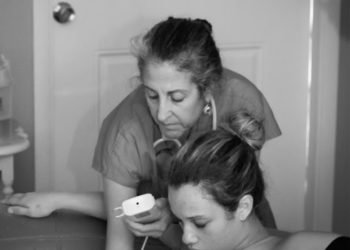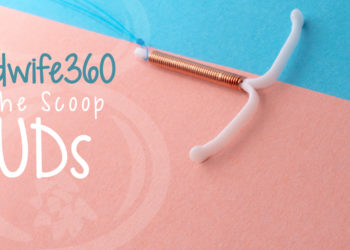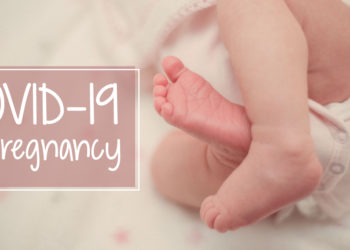There is no such thing as a perfect birth control solution. There are other factors to consider, such as convenience, efficacy, and cost. Find out how to choose the best form of birth control for you in this article by the Midwives of Midwife360.
What is Birth Control?
Birth control is a way of preventing pregnancy. It is a form of contraception that prevents the fertilization of an egg by sperm. There are many different types of birth control, including oral contraceptives, intrauterine devices (IUDs), and condoms.
The most popular methods are oral contraceptives, which work by releasing hormones that prevent ovulation from happening and thicken cervical mucus to make it hard for sperm to get through. IUDs work by releasing copper into the uterus, which blocks the passage of the sperm into the uterus.
The birth control pill is a combination of synthetic estrogen and progesterone that are released in the body. Later causing thickening of the mucus in a woman’s uterus and preventing ovulation from happening. The most common type of this contraceptive is called oral contraceptive or just “the pill” taken daily.
Types of Birth Control
There are many birth control methods available to women but not all of them are right for you. It is important to find the best birth control method for you based on your lifestyle and preferences. The birth control methods most commonly used by American women are:
- Condoms
- Pills
- IUDs
Birth control can be hormonal or non-hormonal. Non-hormonal birth control includes condoms, diaphragms, and IUDs. Hormonal birth control includes pills, patches, and rings. Hormonal birth control can be oral, or injected (e.g., as with the Depo-Provera shot). Inserted into the vagina or rectum, or placed under the skin of the shoulder or hip (as with implants).
A hormonal IUD is a type of hormonal birth control. How effective are different types of contraception? There are many methods of contraception, but for different people and for the same person at different times of their life. A few methods are more effective than others.
An intrauterine device (IUD) is a small T-shaped object inserted into the uterus by a doctor to prevent pregnancy. The device can be left in place for up to 10 years depending on the type and brand. Intrauterine devices (IUDs) are one of the most effective forms of reversible contraception, with typical one-year failure rates of less than one percent.
According to new research, shorter-acting birth control methods, such as the Pill and the contraceptive patch, are substantially less helpful than long-acting birth control options, such as intrauterine devices, IUDs, and implants, at preventing unwanted births.
Condoms are highly effective with 2 out of 100 women getting pregnant during that timeframe. Condoms work by collecting semen in order to prevent any contact between it and a woman’s reproductive system.
Barrier methods: Barrier methods are contraception methods that use a physical barrier to prevent sperm from reaching the egg. Barrier methods include condoms, male and female sterilization (such as vasectomy), diaphragms, cervical caps, and contraceptive sponges.
Natural family planning: Natural family planning is a type of contraception in which a woman uses her body to track fertility signs such as cervical mucus.
How to Use Birth Control Properly and Effectively
Birth control pills are one of the most popular forms of contraception. Birth control pills are a type of medication that prevents pregnancy by stopping ovulation, preventing fertilization, and changing the lining of the uterus. There are many different types of birth control pills and they all work in different ways. Some types have estrogen, some have progestin, and some have both.
One type might be right for you while another might not be as effective or safe for you to take. There are many different types of birth control pills, so it is important to talk to your doctor before choosing a form of contraception.
Some types of birth control pills do not always help with acne and may actually cause acne. Some forms of birth control, that have estrogen and progestin, can often be used for up to 12 months. If you are considering a triphasic or combination method, it is important to start using it on day 1 and finish the pack by day 15 of your menstrual cycle.
Make The Best Decision For You
Because every woman is special, the contraception that is most convenient or useful for your friends or family members may not be the most convenient or effective for you. However, regardless of the birth control method you choose, use it as prescribed to reduce your chances of conception.
Of course, you should consult with an OB-GYN for specific birth control counseling. Your doctor can provide further information about each option and assist you in making a decision that you will be happy with.
Taking the effort to ensure you’ve chosen the ideal birth control method for you might offer you greater control over your options. And it’s well worth it for your health, well-being, peace of mind, and future.
Our 360 Women’s Healthcare encompasses gynecological treatment for young girls and teenagers, as well as care for women through the decades and into menopause. PAP-smear and HPV education, thermography, STDs, pregnancy & prevention strategies, birth control, fertility issues, and more. Call Midwife 360 to book an appointment today.

















